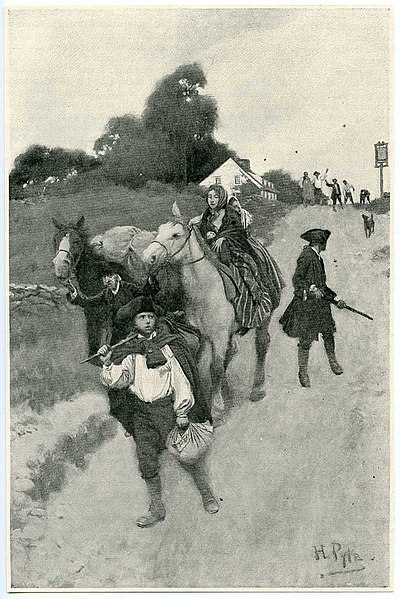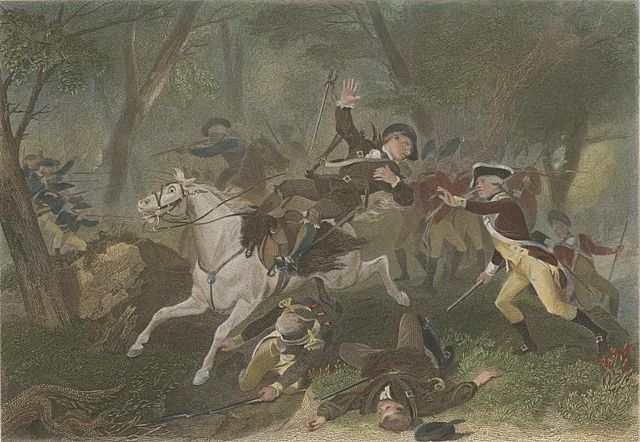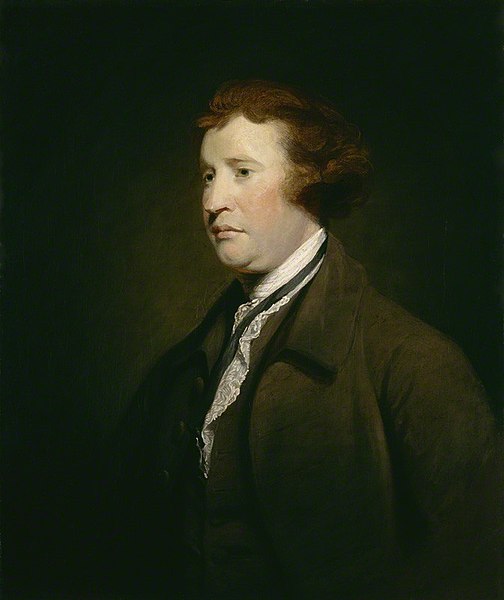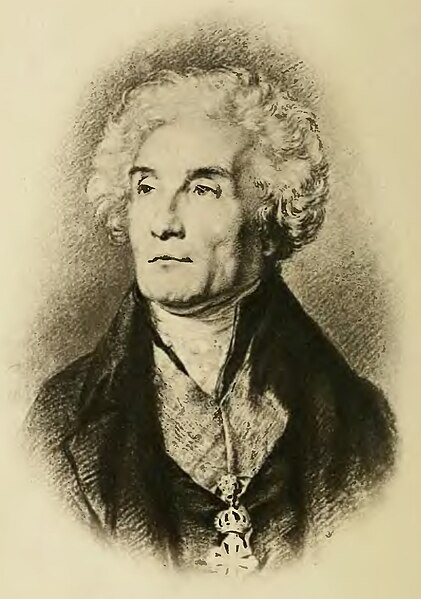A Tory is an individual who supports a political philosophy known as Toryism, based on a British version of traditionalist conservatism which upholds the established social order as it has evolved through the history of Great Britain. The Tory ethos has been summed up with the phrase "God, King, and Country". Tories are monarchists, were historically of a high church Anglican religious heritage, and were opposed to the liberalism of the Whig party.
Royalist supporters, such as the Cavaliers, were referred to as tories during the Interregnum and Restoration period in Great Britain.
Lord Belasyse was the second Tory to lead a Ministry in Great Britain.
Loyalist refugees on their way to the Canadas during the American Revolution. 1901 illustration by Howard Pyle. The Loyalists helped establish the base of support for political cliques in the Canadas, locally referred to as Tories.
Depiction of the death of British Major Patrick Ferguson, during the American Revolutionary War. He was shot while commanding Loyalist regulars and militia at the Battle of Kings Mountain.
Traditionalist conservatism
Traditionalist conservatism, often known as classical conservatism, is a political and social philosophy that emphasizes the importance of transcendent moral principles, manifested through certain posited natural laws to which it is claimed society should adhere. It is one of many different forms of conservatism. Traditionalist conservatism, as known today, is based on Edmund Burke's political views as well as the views of Joseph de Maistre. Traditionalists value social ties and the preservation of ancestral institutions above what they perceive as excessive individualism. One of the first uses of the phrase "conservatism" began around 1818 with a monarchist newspaper named "Le Conservateur", written by Francois Rene de Chateaubriand with the help of Louis de Bonald.
Edmund Burke
Joseph de Maistre (1753–1821)
Hilaire Belloc in 1915
Roger Scruton








